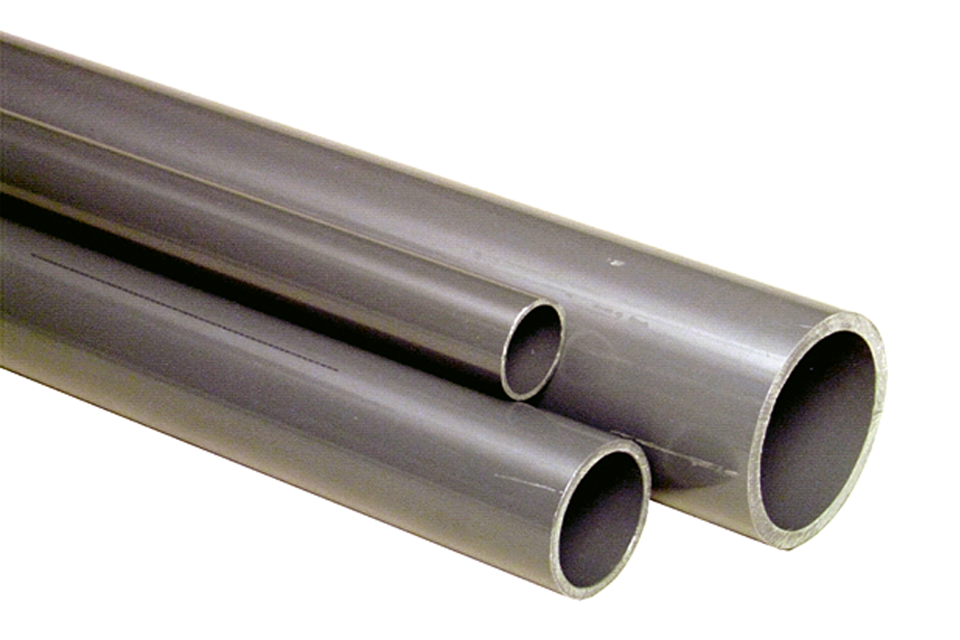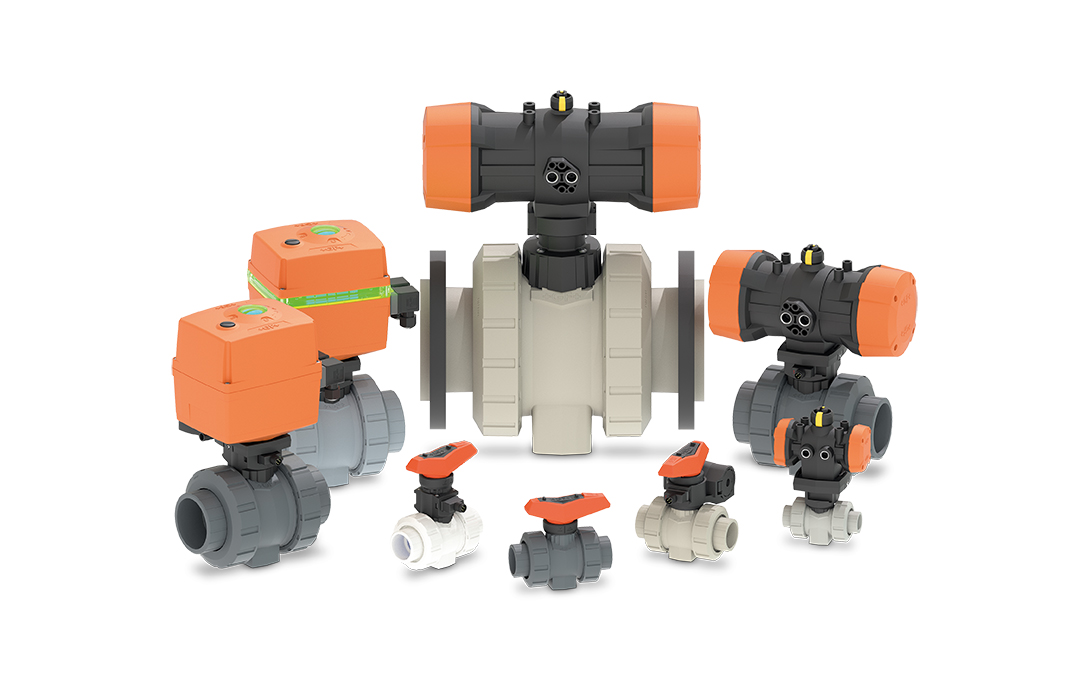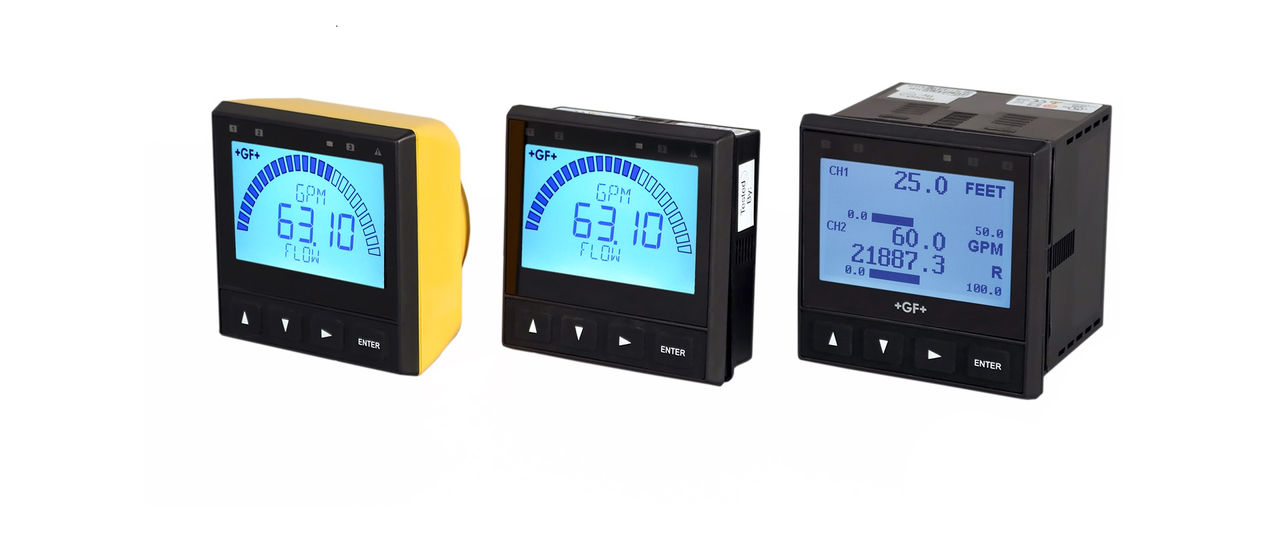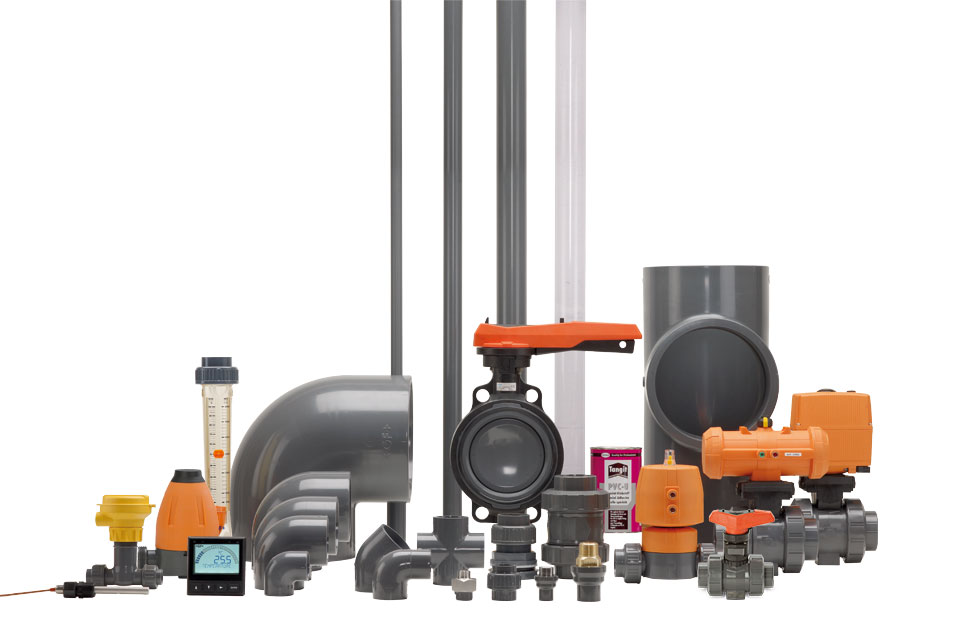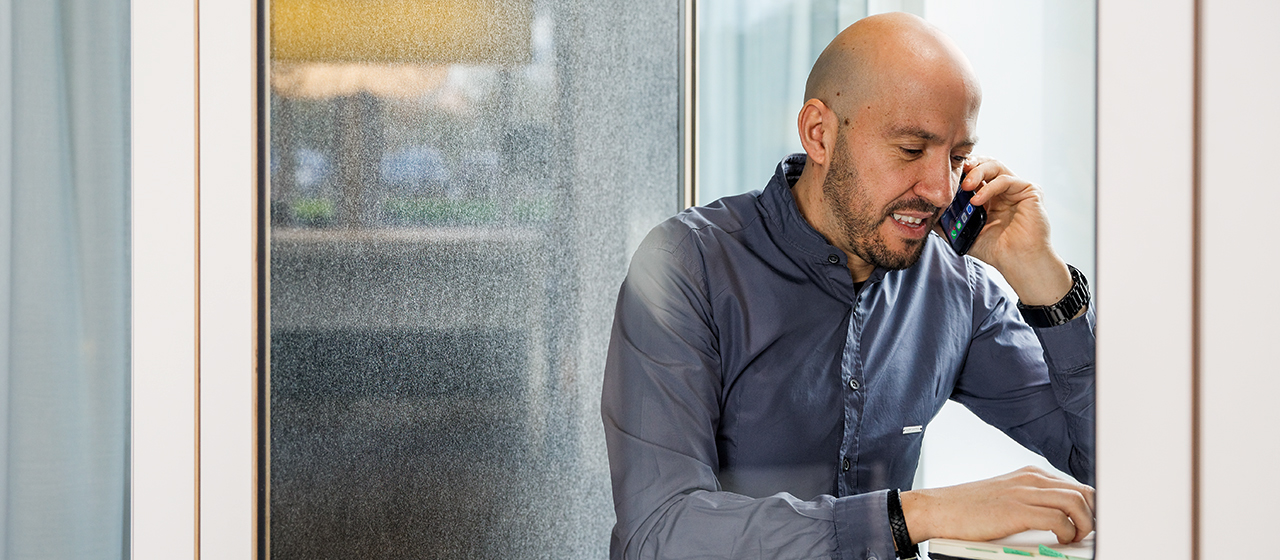We're sorry – no results match your current filters. Try the following steps:
- adjust or remove some filters to expand your results
- broaden your criteria if no products match your current selection
- reduce the number of active filters to discover more available products
or explore our recommended options below.
